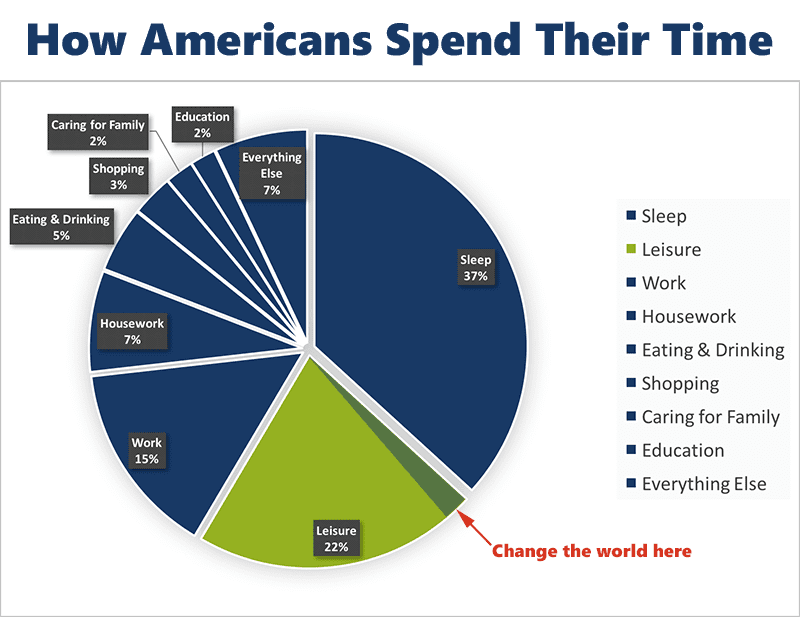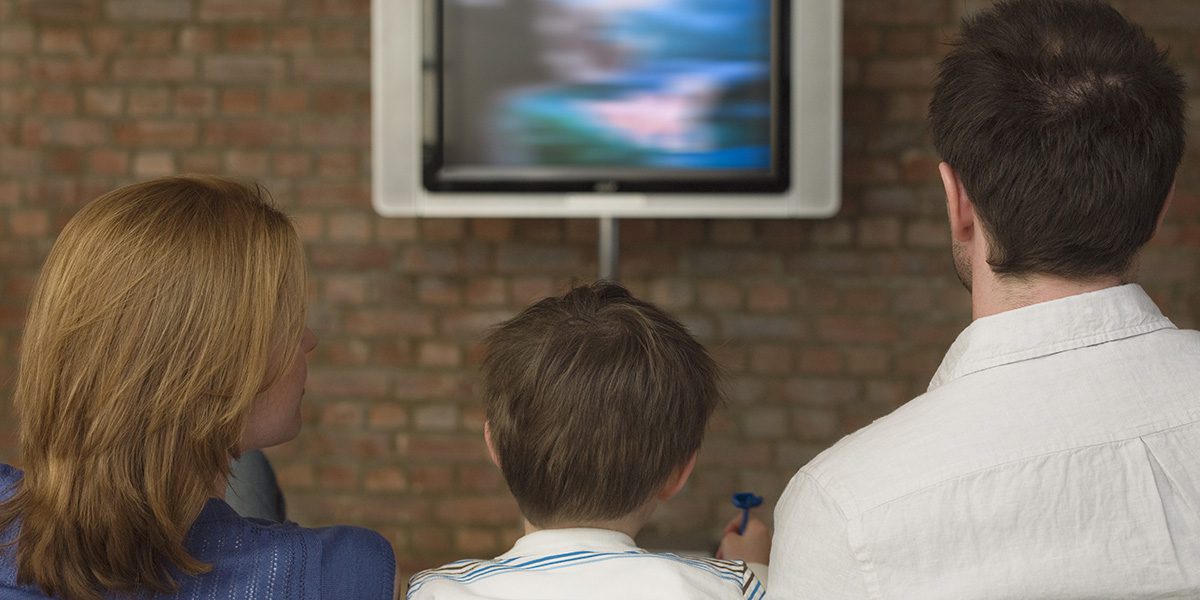I’m speaking with a lot of people who are expressing apathy and helplessness. They’re not voting in local elections because they feel like nothing ever changes. I totally understand that perspective but, at the same time, I don’t accept it. So someone on Facebook challenged me to explain how ordinary citizens can change our government.
Challenge accepted.
Here’s how: There are six activities every citizen can undertake that, in my view, would dramatically change the landscape of local government.
And all it would take is 1.62% of your time.
By comparison, the average American spends 18% of their time on this earth watching television and 15% of their time commuting to work. That’s a third of your life that could be spent changing the world if we all took just a tiny slice of that time and used it a little differently.

Here are the six simple things everyone can do to fulfill their civic duty:
- Pay attention (0.7%)
- Vote (0.01%)
- Contact your representatives (0.03%)
- Show up (0.8%)
- Speak out (0.03%)
- Write a letter (0.02%)
If everyone committed to these activities at the state and local levels, I promise you it would affect government at all levels, including Federal. And if we can take back our country it would change the world. Literally.
I’ll explain what I mean for each of these activities but, first, let’s examine the concept of “cognitive surplus.”
Cognitive Surplus

Clay Shirky is an NYU professor and thought leader. His first book, “Here Comes Everybody – The Power of Organizing Without Organizations,” looked past the obvious points everyone else was making about social media and unveiled the long-term effects it would have on organizations.
His encore book was “Cognitive Surplus – Creativity and Generosity in a Connected Age,” and it is vintage Shirky. Every page is dense with original ideas about how social media is going to affect society. The very title of the book suggests that there is a surplus of brainpower up for grabs. But since cognitive capacity is a zero-sum game, the surplus has to come from somewhere. This begs the question, “Where do people find the time?”
Shirky tells a story about a conversation he had with a television producer who was trying to determine whether or not to have him on her show. He talked about the controversy of Pluto’s “delisting” as a planet and the sudden spike in activity on its Wikipedia page. Shirky waited for her to follow up with questions about the social implications of this phenomenon, but “Instead, she sighed and said, ‘Where do people find the time?” Hearing this, I snapped, and said, ‘No one who works in television gets to ask that question. You know where the time comes from.’”
1) Pay attention
If everyone did this one simple task, almost everything else would fall into place. Everyone can spare 10 minutes a day to scan local headlines in their newspaper. Everyone. That’s 0.7% of your life spent paying attention. If everyone paid attention, politicians wouldn’t even attempt half of the stuff they are getting away with right now. The public shame would be too great a deterrent. And we know people are not paying attention because at least 75% of the people I’ve spoken to in the last two months (I’ve knocked on almost 1,500 doors) have told me so.
2) Vote
It takes approximately one hour per year, which is 0.01% of your life spent performing your civic duty. If you’ve already done #1, then your vote will be an informed one. We’re now up to 0.71% of your life spent fixing our government.
3) Contact your representatives
This does not include “hashtag activism” or social media ragging. It means emailing and/or (even better) picking up the phone and calling your school board member, alderman, and mayor. Politicians know that for every contact they receive on an issue there are at least 50 more citizens who feel the same way. If they get 10 messages they will assume there are at least 500 constituents who feel that way. It works. So let’s say you do this once a month, that’s about 0.03% of your life. We’re now up to 0.74%.
4) Show up
Showing up at City Hall for a BOMA meeting or BOSC meeting is powerful. Just sitting there sends a message that “we’re watching” and “we care.” To attend both costs you about 6 hours per month. That’s 0.8% of your life. We’re now up to 1.56%.
5) Speak out
If you’re showing up at the meetings anyway, this doesn’t take much extra time. Maybe 15 minutes to prepare some remarks. It’s not for everyone, I know. There are lots of legitimate reasons not to go this far but if you want to go the extra mile it will cost you 0.03% of your life. We’re now up to 1.6%.
6) Write a letter to the editor
This is something that will lose its punch if you do it all the time. So maybe one per year is good. Let’s be generous and say it takes you two hours to write and proof a letter. That’s 0.02% of your life and we’re up to 1.62%.
Conclusion
So, that’s it. This list doesn’t even begin to touch on other forms of activism like running for office or volunteering for a campaign, charity, or activist group. And it will take just 1.62% of your life. By comparison, we spend 18% watching television and 15% commuting to work. I think we could scrape up the time to perform our civic duty and change the world.

